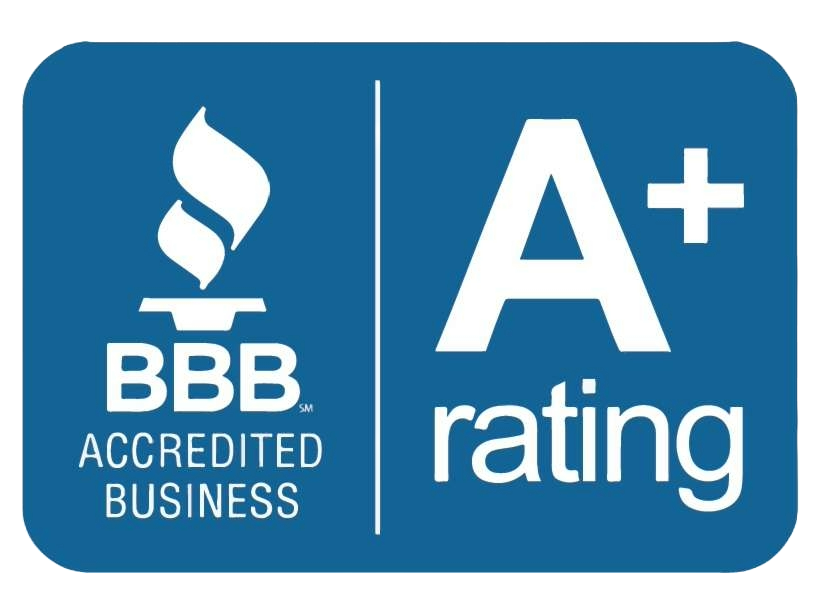
You’ve wanted to renovate your cramped, outdated kitchen for ages. Or perhaps you are deciding between staying in your home after major damages or selling and walking away from some potential pricey repairs. Like many, asking around among friends and co-workers may initially help find and hire a contractor, but making sure your contractor is insured in Baltimore, MD is of vital importance.
Things can get ugly – and appallingly expensive – if your contractor isn’t insured. If things don’t go perfectly, you can land in a world of drawn out disputes, expensive fixes you have to foot the bill for, and far more stress than you initially bargained for. You can avoid such a situation, however, by making sure your contractor is reputable and fully insured.
Difference Between Bonding and Insurance
When a contractor advertises themselves as “bonded and insured,” they’re offering you important assurances that protect both you and your property during the course of the project. But what do these terms really mean, and why should you care?
A surety bond is essentially a safety net for homeowners. If a contractor fails to complete the job, leaves it unfinished, or delivers poor-quality work, the bond ensures that you won’t be left with the financial burden of hiring someone else to fix the issue. It guarantees that you can recoup your losses or get the project back on track without needing to tap into your personal funds or homeowner’s insurance. This gives you peace of mind, knowing you’re protected if the contractor doesn’t meet their obligations.
On the other hand, contractor’s insurance covers you from unexpected costs that can arise during the project. If damage occurs to your home, whether from an accident, fire, or improper work, their insurance covers the repair costs—keeping you from having to file a claim on your own policy. Additionally, if a worker is injured on the job site, the contractor’s insurance ensures that you won’t be held liable for medical expenses or any legal fees that might arise. Essentially, it shields you from both property damage and the risk of lawsuits, allowing the renovation to proceed without unnecessary financial stress.
By choosing a bonded and insured contractor, you’re not only protecting your home and assets, but you’re also ensuring that the project moves forward with less risk and more accountability.
What Kind/How Much Insurance?
Taking steps to make sure your contractor is insured in Baltimore, MD is just the beginning. You also need to make sure the contractor has adequate coverage and the right types of insurance.
First, would the contractor’s insurance cover major damage to your home? If, say, you live in a $1.5 million home, and your contractor’s insurance would cover only $500,000 in damages, then you probably need to keep looking.
Your contractor should carry general contractor liability insurance comprising the following types/levels of coverage:
- Liability insurance – Covers injury to you or your family and protects you from lawsuits
- Workman’s Comp – Protection for the contractor’s employees in the event of injury (not required in all states for smaller contractors, so you’ll need to ask)
- Property damage – Covers damages to your home during the course of the project
Steps You Need to Take
But how, precisely, can you make sure your contractor is insured in Baltimore, MD? There are several steps you can take to mitigate your risk and ensure you’ve chosen a reputable, fully insured contractor.
- Check out the contractor with the Better Business Bureau (BBB): Begin your vetting process by checking the contractor’s reputation through the BBB. A high rating or accreditation with the BBB is an indication that the contractor adheres to ethical business practices and handles customer complaints professionally. It’s a good first step in determining their reliability and credibility in the Baltimore, MD area.
- Check references and talk to former customers: Don’t just take the contractor’s word for it—reach out to their past clients. Speak with people who have had similar work done and ask about their experience. Were they satisfied with the quality of work? Did the contractor stick to deadlines and stay within budget? Listening to firsthand experiences will give you a deeper understanding of the contractor’s work ethic and trustworthiness.
- Have a formal in-depth meeting with the contractor before signing any contract: Schedule a sit-down with the contractor to go over the project in detail. Discuss the scope of work, the expected timeline, and any potential obstacles. A formal meeting helps establish clear communication and allows you to gauge whether the contractor is knowledgeable and professional. It’s also a great opportunity to address any concerns you may have before committing to the job.
- Ask to see insurance and bonding documents: A reputable contractor should have no problem providing proof of their insurance and bonding. Ask to see the certificates of insurance for general liability and worker’s compensation. This ensures that you’re protected in case of accidents, injuries, or property damage during the project. If the contractor hesitates or refuses to provide these documents, it’s a red flag.
- Get everything in writing – all aspects of work to be done, work milestones and payment schedule, completion date, contingency clauses, and so on: Make sure every detail is documented in a written contract. This should include a clear description of the work to be done, agreed-upon payment schedules, project milestones, deadlines, and a contingency plan for unexpected issues. Having everything in writing ensures there are no misunderstandings down the road and provides legal protection if anything goes wrong during the job.
By following these steps, you can ensure that your contractor is properly insured and that your project is on solid footing from the start. Taking the time to do your due diligence can save you headaches, unexpected costs, and legal troubles later on.
How Does Your Contractor Deal With Subcontractors?
Suppose, for example, your remodel project involves adding a room to your home. In that case, the general contractor will probably hire subcontractors to do the framing and brick laying. But are the subcontractors insured?
It sometimes happens that subcontractors are brought in on a cash basis. There’s no record of their employment by the general contractor, and, as a result, they aren’t covered by the contractor’s insurance (or bonding) should something go wrong. So, in addition to investigating your contractor’s insurance status, you also need to determine how they deal with subcontractors.
Knowing how to make sure your contractor is insured in Baltimore, MD is crucial for any major work done in or on your home. Your local real estate professionals can also be a good resource when you’re checking out contractors.
If you’re still feeling overwhelmed and want to walk through all of your options, we would be glad to assist you! Feel free to contact us by phone at (410) 989-5200 or fill out our contact form to get in touch.


